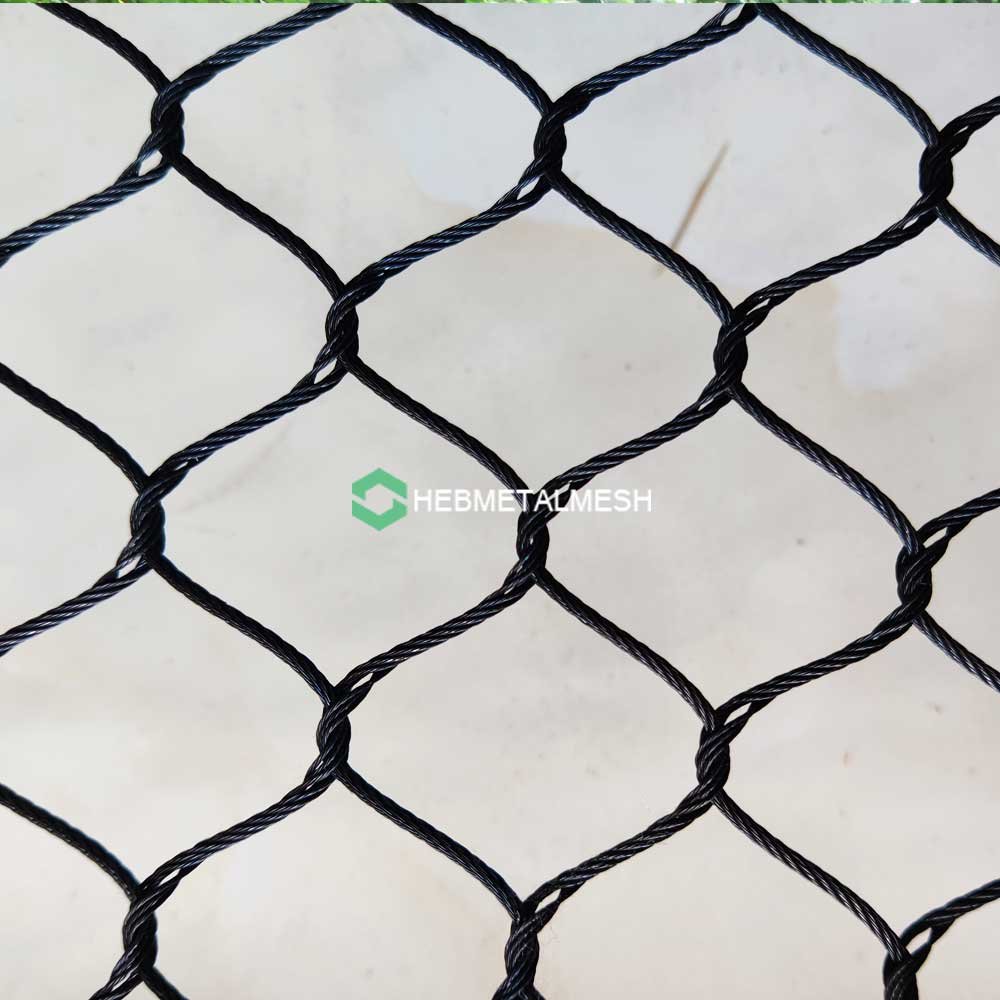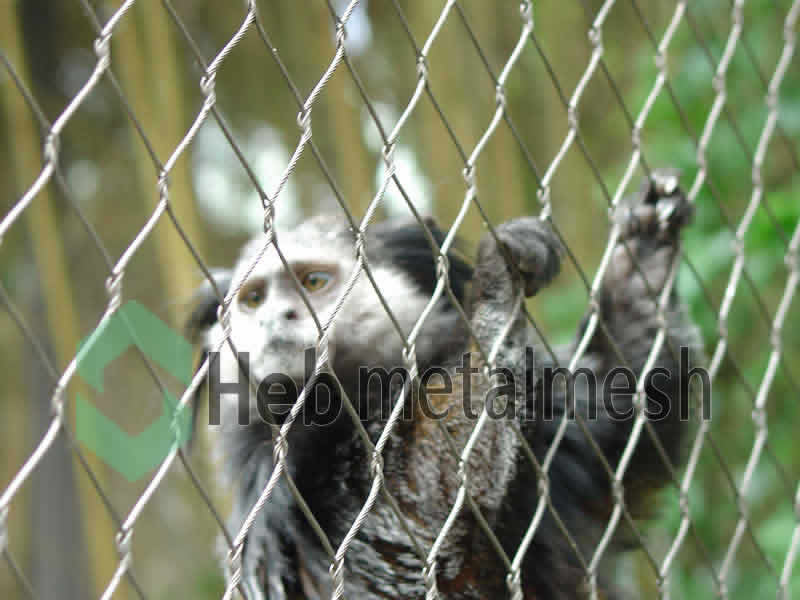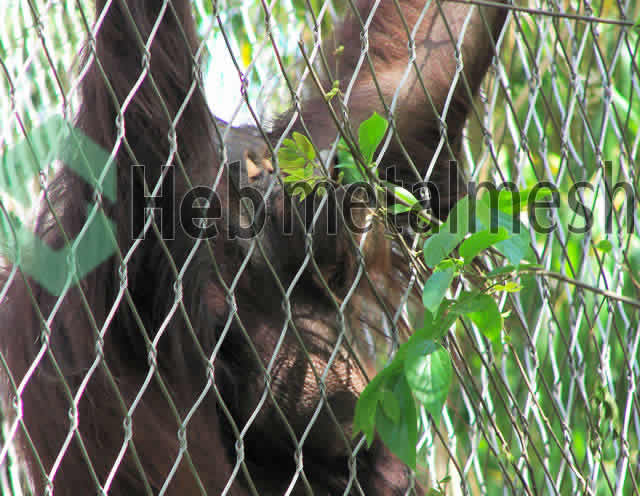Understanding Animal Fence Price: Key Factors Affecting Cost
So, you’re looking to build a fence for your animals. Great! Whether you’re managing a zoo, wildlife park, or simply a large animal enclosure, the cost of that fence is likely a top concern. Let’s break down the key factors that influence animal fence price.
First off, materials are a huge deal. Are you thinking sturdy steel, classic wood, or low-maintenance vinyl? Each has its pros and cons, and of course, its price tag. Steel, for instance, is durable but can be pricey, while wood offers a natural look but requires more maintenance.
Next, consider the type of fence you need. An electric fence might be perfect for containing livestock, while a sturdy, high-security fence is essential for large predators. Different fence types have different material requirements, which directly impact the cost.
The height and length of your fence will also affect the price. A taller fence for larger animals or increased security will naturally cost more. And the longer the fence, the more materials you’ll need.
Finally, let’s not forget about the size of your property. Fencing a small enclosure will obviously be cheaper than securing a vast expanse of land.
Remember, these are just the starting points. Other factors like installation, labor costs, and even local permit fees can significantly impact your overall animal fence price.
Average Animal Fence Price by Type
The type of fence you choose can significantly impact the overall cost of your project. Let’s break down some common options.
Electric Fences
Electric fences are a popular choice for containing livestock due to their cost-effectiveness. Primarily composed of electric wire, posts, and an energizer unit, they can be a budget-friendly option. However, factors like fence length and terrain can influence the final price.
Invisible Fences
Primarily used for dogs, invisible fences offer a clean aesthetic but typically come with a higher upfront cost. These systems include an underground wire, a collar for your pet, and often require professional installation.
Wooden Fences
Wooden fences provide a classic look, but they tend to be more expensive than other options. The type of wood, fence height, and design complexity all factor into the final cost. Additionally, wooden fences require regular maintenance to preserve their appearance and structural integrity.
Metal Fences
Metal fences, often constructed from steel or aluminum, offer durability and low maintenance. While generally pricier than wood, they can be a more cost-effective choice in the long run.
Stainless Steel Rope Mesh
For high-security or visually appealing enclosures, stainless steel rope mesh is a premium option. Known for its strength, corrosion resistance, and sleek appearance, it’s a popular choice for zoos and wildlife parks. However, due to its material and often custom installation, it comes with a higher price tag.
Vinyl Fences
Vinyl fences offer a maintenance-free alternative with a variety of styles to choose from. While the initial cost is typically higher than wood or metal, they can save you money in the long run due to their durability and low maintenance requirements.
Remember, these are general price points, and the actual cost will vary based on several factors including materials, labor, and the specific needs of your project. It’s always wise to get quotes from multiple fence contractors to compare prices and find the best option for your budget and requirements.
Animal Fence Installation Cost: DIY vs. Professional
So, you’ve chosen your ideal fence type. Now, the big question: DIY or hire a professional? Both options have their pros and cons when it comes to cost.
DIY Fence Installation
Tackling fence installation yourself can save you money on labor costs. However, it requires time, physical effort, and specific skills. Factors like the fence type, terrain, and your DIY abilities will determine the feasibility and potential savings.
- Pros: Potential cost savings, satisfaction of a DIY project
- Cons: Requires time, effort, and specific skills, potential for mistakes
Professional Fence Installation
Hiring a professional fence installer offers expertise, efficiency, and often comes with warranties. While it’s more expensive upfront, you save time and effort, and you can be confident the job is done right.
- Pros: Professional expertise, efficiency, warranties
- Cons: Higher upfront cost
When deciding between DIY and professional installation, consider the complexity of the project, your available time and skills, and your overall budget. Sometimes, a hybrid approach—DIYing parts of the project and hiring professionals for complex sections—can be a cost-effective solution.
Remember, the cost of materials will be the same regardless of whether you install the fence yourself or hire a professional. The main difference lies in the labor costs.
Tips for Saving Money on Animal Fence Price
Let’s face it, fencing can be a significant investment. Here are some practical tips to help you save money on your animal fence project.
- DIY Whenever Possible: As we discussed, taking on some or all of the installation yourself can lead to substantial savings.
- Choose Cost-Effective Materials: While durability is essential, exploring more affordable options like cedar instead of redwood or chain link instead of wrought iron can save you money.
- Buy in Bulk: Purchasing materials in bulk can often result in lower per-unit costs.
- Shop Around: Compare prices from different suppliers to find the best deals on fencing materials.
- Consider Alternatives: Explore less expensive options like electric or invisible fences for specific needs.
- Timing is Everything: Consider seasonal discounts or end-of-season sales on fencing materials.
- Prioritize Needs: Focus on the essential elements of your fence and avoid unnecessary extras that can inflate the cost.
By implementing these tips, you can significantly reduce the overall cost of your animal fence project without compromising on safety or functionality.
Remember, while saving money is important, it’s also essential to prioritize the safety and security of your animals. Don’t sacrifice quality for the sake of cost.
Frequently Asked Questions About Animal Fence Price
Let’s address some common questions about animal fence prices.
A: The average cost of a fence varies widely depending on factors like materials, fence type, height, length, and installation. Generally, you can expect to pay anywhere from a few hundred dollars for a small, simple fence to thousands for a large, high-security enclosure.
A: Fence installation costs can vary significantly based on factors like labor rates, fence complexity, and geographical location. Typically, you can expect to pay anywhere from 20% to 50% of the total fence cost for installation.
A: Numerous factors influence fence price, including materials, fence type, height, length, property size, installation, labor, permits, and local market conditions.
If you have more specific questions about your fencing project, feel free to provide details about the type of animal, desired fence height, and your location. We can offer more tailored advice.
Conclusion
Building a fence for your animals is a significant investment that requires careful planning and consideration. By understanding the various factors influencing fence prices, exploring different fence types, and considering both DIY and professional installation options, you can make informed decisions to suit your needs and budget.
Remember to prioritize the safety and well-being of your animals while also considering the aesthetic appeal of your fence. Proper maintenance and timely repairs will help extend the life of your fence and protect your investment.
By following the guidelines outlined in this article and complying with local regulations, you can successfully complete your fencing project and create a secure environment for your animals.
Additional Tips:
- Obtain multiple quotes from different fence contractors to compare prices and services.
- Consider the long-term costs associated with fence ownership, including maintenance and potential repairs.
- Prioritize quality materials and professional installation for optimal results and peace of mind.
By carefully planning and budgeting for your animal fence project, you can create a safe and functional enclosure for your animals while enhancing the overall appeal of your property.


